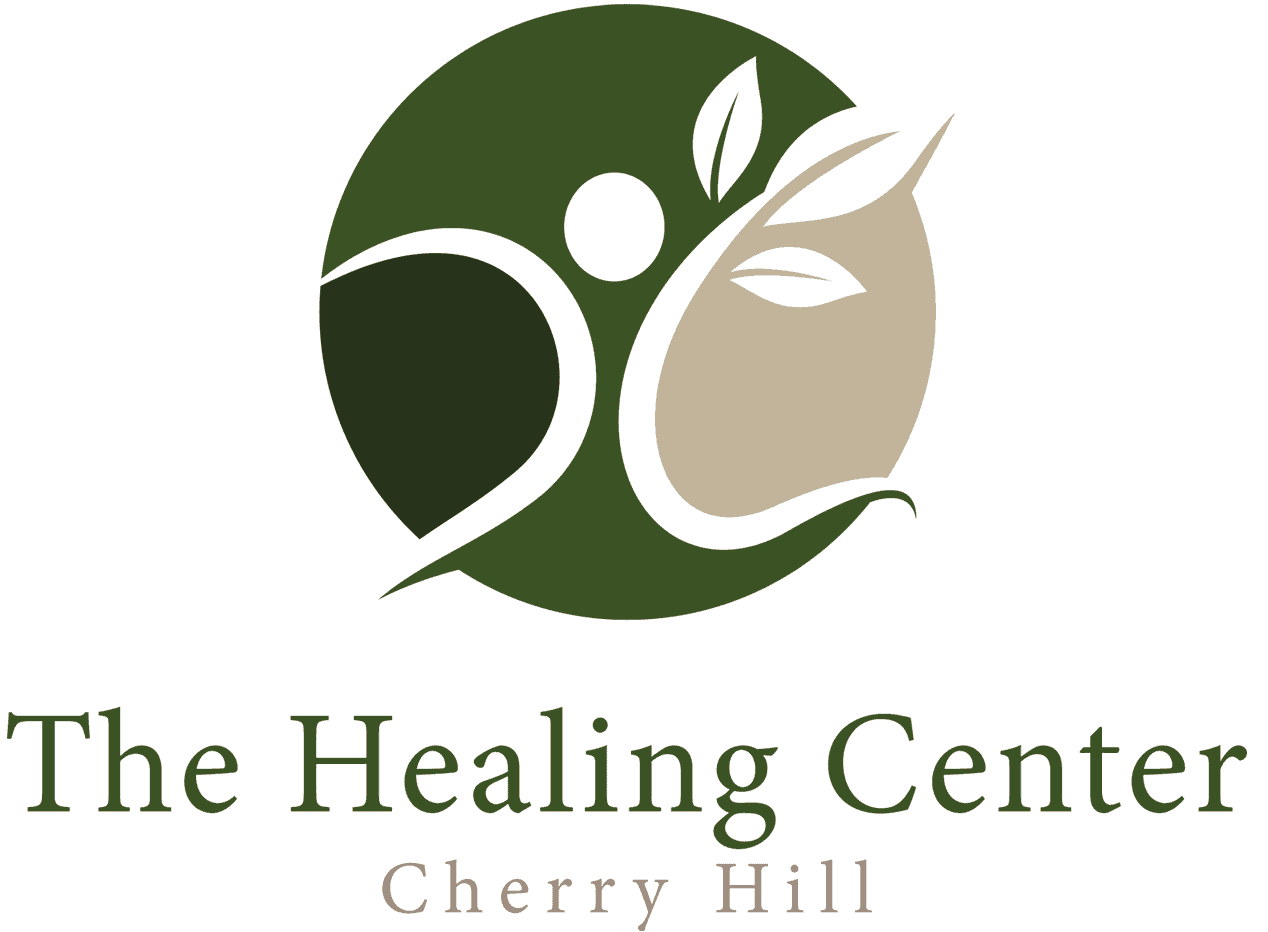In the past decade, the United States has experienced an opiate crisis that has affected millions of families across the country. While many may be aware of the crisis, a vast majority of the public is still unaware of some of the basic facts about opioids and addiction. Here the experts at The Healing Center in New Jersey explore those facts and how to get help.
What Are Opioids?
Opioids are a class of drugs that include both prescription painkillers and illegal substances such as heroin. They are derived from the opium poppy plant or synthetically manufactured to replicate the effects of natural opioids.
These drugs act on the opioid receptors in the brain, spinal cord, and other parts of the body to produce pain relief and feelings of euphoria. They work by reducing the perception of pain and altering the brain’s response to pain signals.
Prescription opioids are commonly used to manage moderate to severe pain, typically after surgery or for chronic pain conditions. They include medications such as oxycodone, hydrocodone, morphine, and fentanyl. However, long-term use or misuse of prescription opioids can lead to dependence, addiction, and other serious health consequences.
Heroin is an illegal opioid that is typically injected, smoked or snorted. It is highly addictive and has no accepted medical use. Other illicit opioids, such as fentanyl, can be many times more potent than heroin and pose a significant risk of overdose.
The misuse of opioids has become a major public health concern in many countries, as it has led to a significant increase in opioid addiction, overdoses, and deaths. Opioid overdose can cause respiratory depression, sedation, unconsciousness, and, in severe cases, can be fatal.
It’s important to note that opioids have legitimate medical uses when prescribed and used appropriately. However, due to their potential for misuse and addiction, it is crucial to follow medical advice and use them strictly as directed.
What Is Opioid Addiction?
Opioid addiction, also known as opioid use disorder, is a chronic condition characterized by the compulsive use of opioids despite harmful consequences. It occurs when a person becomes dependent on opioids, either through the misuse of prescription opioids or the use of illegal opioids like heroin.
Addiction to opioids develops as the brain becomes accustomed to the effects of these drugs. Opioids bind to opioid receptors in the brain, triggering a release of dopamine, a neurotransmitter associated with pleasure and reward. Over time, the brain adapts to the presence of opioids, leading to tolerance, which means higher doses are needed to achieve the desired effect.
When opioid use is continued or escalated despite negative consequences, it indicates the presence of addiction. Common signs and symptoms of opioid addiction include:
- Compulsive drug seeking and use: Spending a significant amount of time and effort obtaining opioids, and using them even when it interferes with daily responsibilities, relationships, and health
- Loss of control: Being unable to control or reduce opioid use, even with the desire to quit or cut down.
- Cravings: Strong desires or urges to use opioids.
- Physical dependence: Experiencing withdrawal symptoms when attempting to quit or reduce opioid use. These symptoms may include nausea, vomiting, sweating, tremors, muscle aches, and anxiety.
- Social and interpersonal problems: Difficulties in relationships, problems at work or school, and withdrawal from social activities due to opioid use.
Opioid addiction is a serious medical condition that requires professional treatment. It is important to seek help from healthcare providers, addiction specialists, or rehabilitation centers to receive appropriate care, including detoxification, counseling, and support services. Treatment approaches may involve medication-assisted therapy, counseling, behavioral therapies, and support groups to aid in recovery and prevent relapse.
How Has New Jersey Been Affected By Opioids And Addiction?
New Jersey has been significantly affected by the opioid crisis, which has had a profound impact on the state’s communities, healthcare system, and public health. Here are some key ways in which New Jersey has been affected:
- High rates of opioid-related deaths: New Jersey has experienced a sharp increase in opioid-related overdose deaths. From 2014 to 2019, there was a steady rise in fatalities, with a peak of 3,021 deaths in 2019. Opioids, including both prescription opioids and illicit substances like heroin and fentanyl, have been major contributors to the overdose crisis in the state.
- Prescription opioid misuse: Prescription opioids play a significant role in the opioid crisis in New Jersey. Many individuals who misuse opioids initially obtained them through legitimate prescriptions for pain management. Efforts have been made to improve prescribing practices and monitor opioid prescriptions more closely to reduce the risk of misuse and diversion.
- Increase in heroin and fentanyl use: As prescription opioids became more difficult to obtain and more tightly regulated, individuals turned to illegal opioids such as heroin. Additionally, the rise of illicitly manufactured fentanyl, an extremely potent synthetic opioid, has exacerbated the crisis. Fentanyl has been frequently mixed with heroin, leading to a higher risk of overdose.
- Overdose prevention and response: New Jersey has taken steps to address the opioid crisis through various initiatives. Naloxone, a medication that can reverse opioid overdose, has been made widely available to first responders and community members. The state has also implemented harm reduction strategies, including syringe exchange programs, to prevent the spread of infectious diseases and provide support for individuals struggling with addiction.
- Treatment and recovery services: Efforts have been made to expand access to treatment and recovery services in New Jersey. This includes increasing the availability of medication-assisted treatment (MAT), which combines medications like methadone and buprenorphine with counseling and behavioral therapies. State-funded programs and initiatives have been established to support individuals in their recovery journeys.
- Community outreach and education: Various organizations and community groups in New Jersey have been actively involved in raising awareness about the opioid crisis, promoting prevention strategies, and providing education on the risks of opioid misuse. These efforts aim to reduce stigma, increase understanding, and connect individuals with resources for support.
The state of New Jersey continues to address the opioid crisis through a comprehensive approach that involves prevention, treatment, recovery support, and policy interventions. Efforts are ongoing to reduce opioid-related harm and improve the health and well-being of individuals and communities affected by the crisis.
Find Treatment For Opioid And Addiction In New Jersey
Here at The Healing Center, we provide a drug rehab in New Jersey that specializes in the treatment of opioid addiction. Our team of experts has been fighting to save our clients’ lives since the start of this crisis. We work with multiple outreach programs throughout the state in order to ensure that those who are struggling have access to the care that they need to overcome addiction. If you or a loved one is struggling with an opioid and addiction, then contact us today to learn more about our programs.







